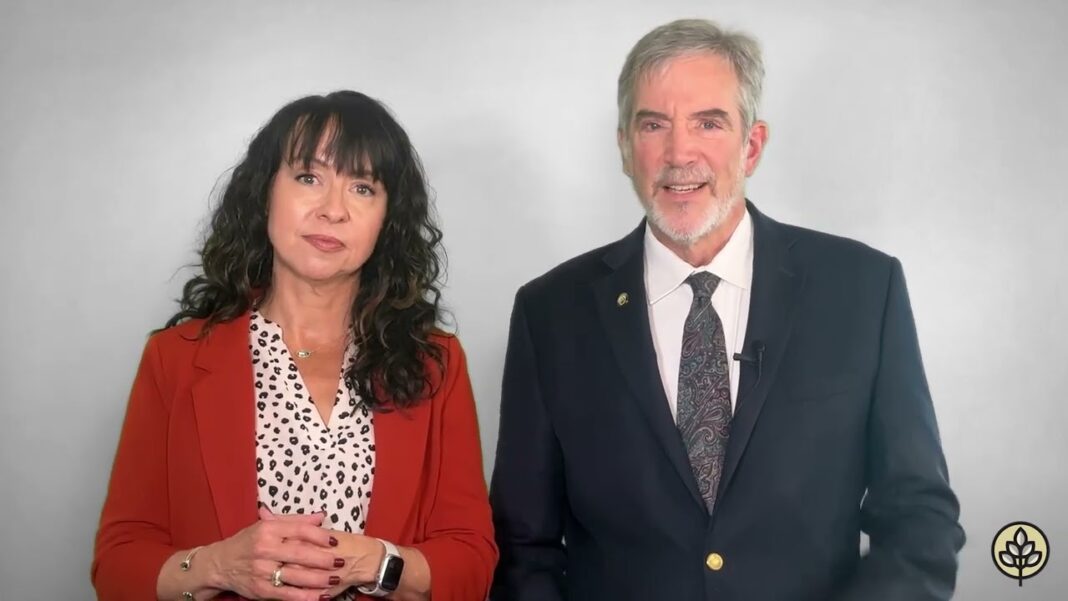The USDA has maintained that tapping the reserve would violate the Antideficiency Act.
President Donald Trump said he has directed White House lawyers to seek immediate court clarification on how his administration can legally continue funding the Supplemental Nutrition Assistance Program (SNAP) during the government shutdown. This comes after two federal judges ordered the U.S. Department of Agriculture (USDA) to use emergency funds to keep the program running.
“I do NOT want Americans to go hungry just because the Radical Democrats refuse to do the right thing and REOPEN THE GOVERNMENT,” Trump wrote in an Oct. 31 Truth Social post.
“Therefore, I have instructed our lawyers to ask the Court to clarify how we can legally fund SNAP as soon as possible.”
The SNAP program, which provides food assistance to more than 40 million Americans, was set to run out of funding on Nov. 1, prompting legal challenges from states, cities, and nonprofit groups.
Judges Order Use of Emergency Funds
In response to lawsuits over food stamp funding, U.S. District Judge Jack McConnell in Rhode Island ruled on Oct. 31 that the USDA must use available contingency reserves to continue SNAP payments, ordering the department to provide an update by Nov. 3.
In a similar decision, U.S. District Judge Indira Talwani in Massachusetts said the department is “required” to use contingency funds for the SNAP program, citing a $6 billion congressional reserve appropriated in 2024 to cover program operations through 2026.
Talwani rejected the government’s argument that the program could be suspended while such funds exist, writing that the availability of contingency funds does not permit the USDA to choose to suspend SNAP operations.
“Defendants argue out that a ’suspension‘ is permitted under USDA’s regulations, and that USDA ’has consistently interpreted its authority to allow for the suspension or cancellation of benefits when necessary,’” she wrote in her ruling.
“But that the regulation allows for a suspension when there are no funds does not mean that Defendants may choose a suspension over a reduction while funds do remain. If the regulation did authorize such discretion, it would be inconsistent with the statutory mandate that benefits ’shall’ be paid unless funding is no longer available.”
By Tom Ozimek








